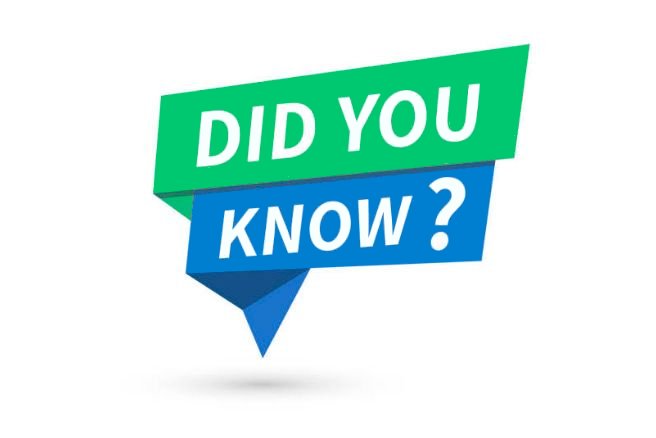Welcome to the Blog

PIM ERP Integration: How They Work Together
Ecommerce companies deal with large amounts of product information, inventory data, digital media, and other factors. As the company grows, so do these demands. Therefore, it becomes essential to have systems in place that can support and streamline...
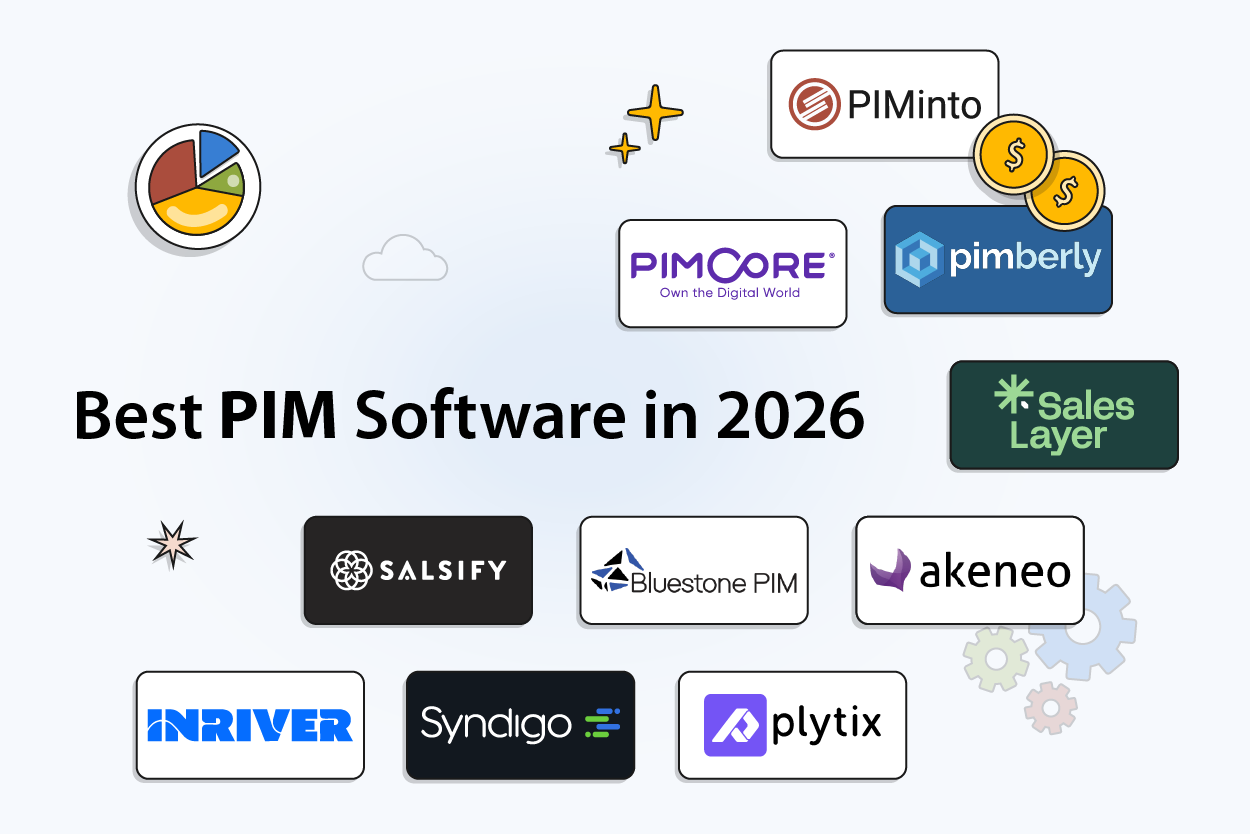
Best PIM Software in 2026: Top 10 Product Information Management Software
Product Information Management (PIM) software helps businesses manage product data efficiently. Whether you’re a small business or a global enterprise, the right PIM system can boost your productivity and improve your customer experience. In this gui...

Product Descriptions Optimization: 7 Proven Strategies for eCommerce Success
Every word on your product page matters. The right description attracts search traffic, builds trust, and drives sales. Whether you sell on Amazon or your own website, optimized product descriptions act as sales tools that work around the clock to co...

15 Challenges for eCommerce in 2025
Running an online store in 2025 is exciting and stressful. Ecommerce has evolved to be one of the leading industries globally, but the path to success is filled with challenges. From supply chain insecurity to swelling customer expectations, ecommerc...
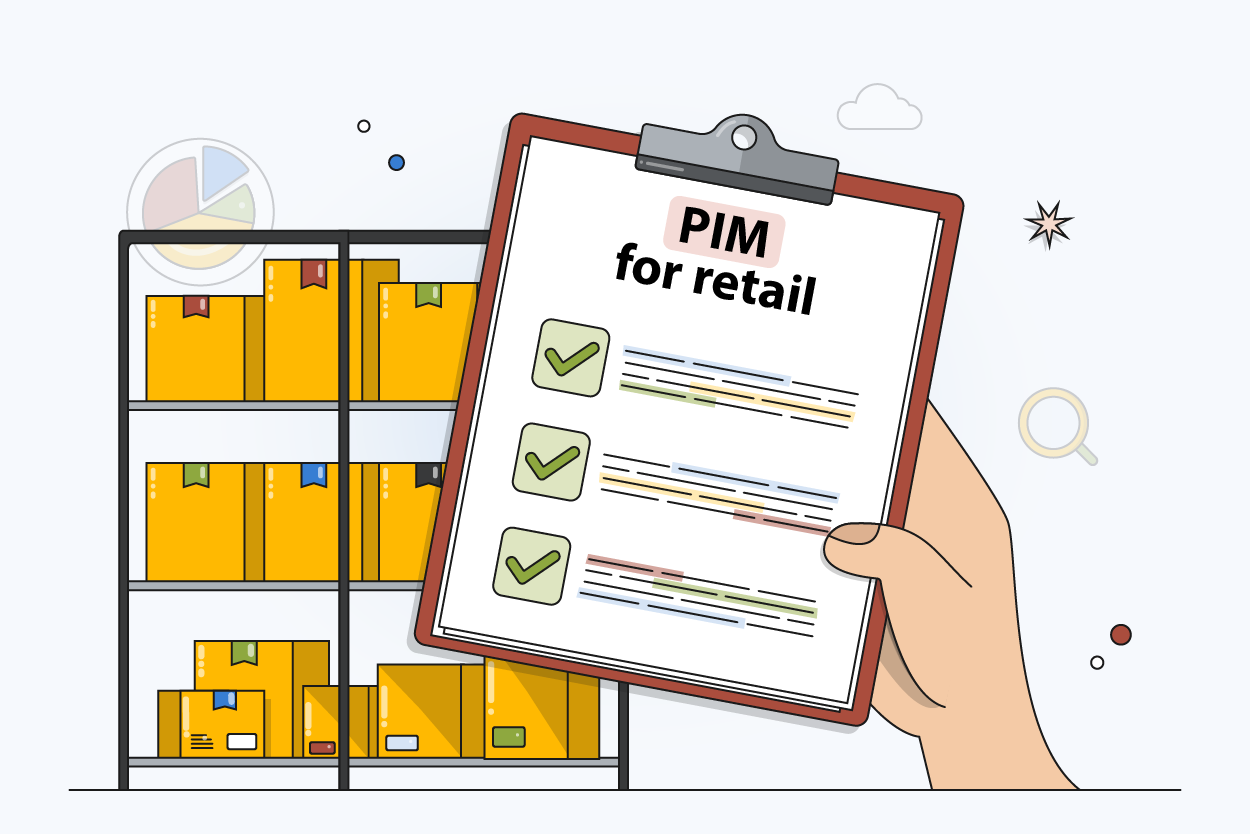
The Complete Guide to PIM for Retail: Transform Your Product Management
Product data drives retail. Every product in your inventory has names, prices, specs, images, videos, and more. Multiply that out across hundreds or thousands of SKUs, spread across multiple channels, and the task of keeping it all current becomes da...

What is Product Data Management?
Every product has a story to tell before it reaches a customer. An idea sparks, teams draft designs, build prototypes, and refine them into a finished item ready for the market. Along the way, they generate a mountain of technical information that mu...
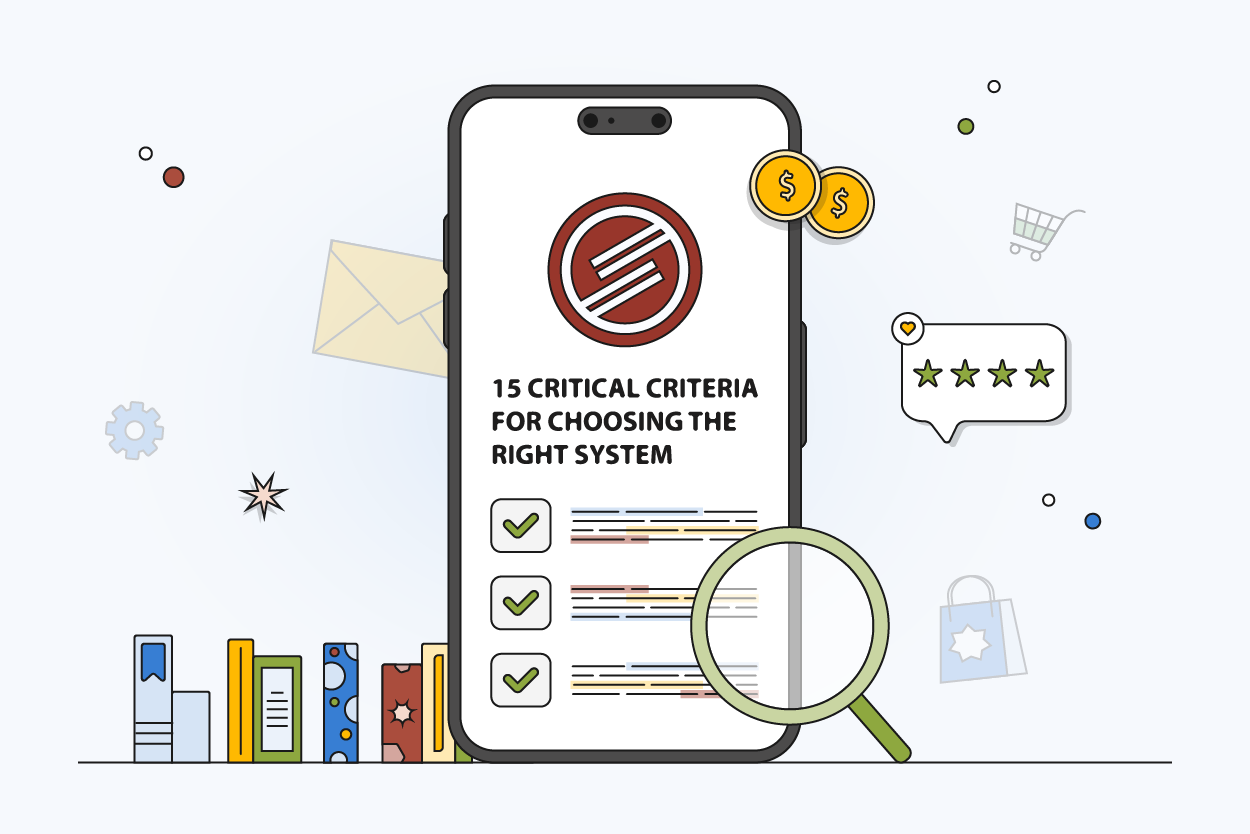
The Ultimate PIM Selection Guide: 15 Critical Criteria for Choosing the Right System
Your product data is a mess. Not because you’re doing anything wrong, but because your business is growing. SKUs are multiplying. Teams are spread across tools. Spreadsheets are breaking under the weight of it all. And somewhere between adding new...
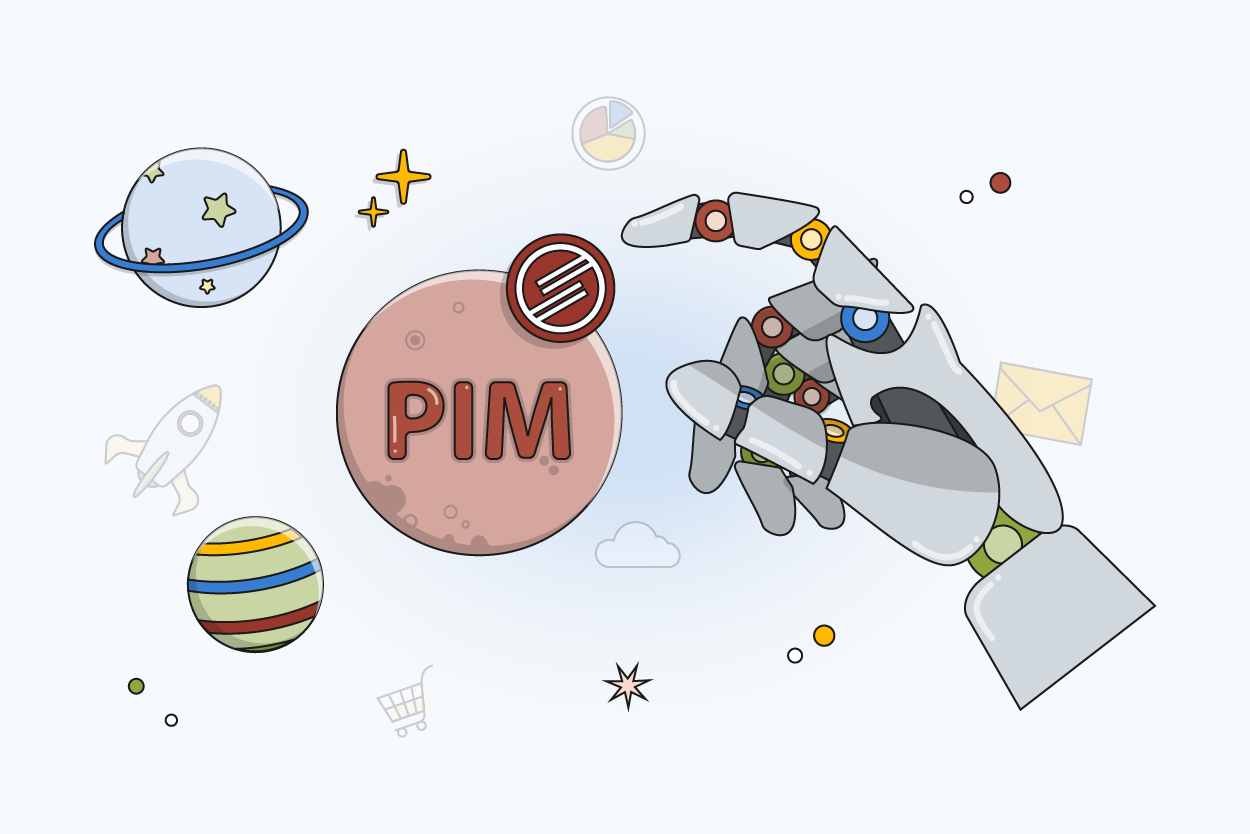
PIM Trends 2025: The Future of Product Data Management
Product data is now one of the most valuable assets in commerce. Every channel depends on it. Every customer touchpoint relies on it. Whether you're selling through a marketplace, a direct-to-consumer site, or a wholesale portal, the quality and stru...

Examples of Multichannel Marketing Done Right: 5 Campaigns to Watch in 2025
Marketing is constantly evolving, and in 2025, the brands getting it right are the ones showing up where their customers are, consistently and clearly. That kind of coordinated presence across multiple touchpoints is what defines effective multichann...

Product Attributes in B2B Ecommerce: Best Practices and Examples for 2025
B2B buyers need clear, detailed information to make smart purchasing decisions. Product attributes serve as the backbone of this information exchange. They help companies showcase their offerings effectively while enabling buyers to find exactly what...

What is Recommerce: Benefits, Difference & Examples
More and more, buyers are seeking alternative ways to acquire high-quality goods at discounted prices. This is pushing the rapid growth of recommerce, a business model that extends the product life cycle for suppliers and provides flexible, cheaper p...

How to Market Unsought Products: Strategies & Definition
Marketing unsought products can be a daunting task. But, with the right strategies, even the most obscure products can gain traction. In this article, we’ll explore the unsought product definition, identify strategies to generate interest, and discus...
